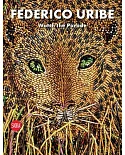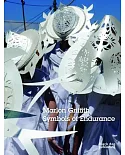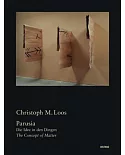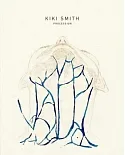The Mexican art movement of the 1980s known as neo-Mexicanism (neomexicanidad), has been dismissed by many historians as strictly folkloric or simply as a display of national insignias. But
rather than flag-waving pride, Teresa Eckmann suggests, this art expresses subtle criticism that earlier scholars and critics have overlooked. She proposes that neo-Mexicanist art is an
expression of disenchantment--- specifically, disenchantment with the official image of mexicanidad (Mexican identity) promoted by the state, and by the media and tourist industries. In this
study, the first book-length treatment of neo-Mexicanism, Eckmann shows an art infused with an undercurrent of disenchantment that reflects the artists' personal responses to the economic and
social stagnation, low foreign investment, natural disasters, political corruption, oppression, and general state of crisis that marked the 1980s in Mexico.
Eckmann situates and defines neo-Mexicanism, examining its motivations, influences, sources, and precedents. She examines the ways the intentions of the artists coincide with, or differ from,
the way neo-Mexicanist art has been promoted and interpreted and looks at the relationship of neo-Mexicanism to the social, cultural, and historical contexts from which it emerged. She
considers who promoted and collected this art, and to what ends, and to what extent the patronage of neo-Mexicanist art has influenced the development and construction of this so-called
movement.
Eckmann's in-depth analysis will provide the foundation for future research as well as deepening art historical understanding of this dynamic current in Mexican visual art and overturning
received critical opinion to date.





















